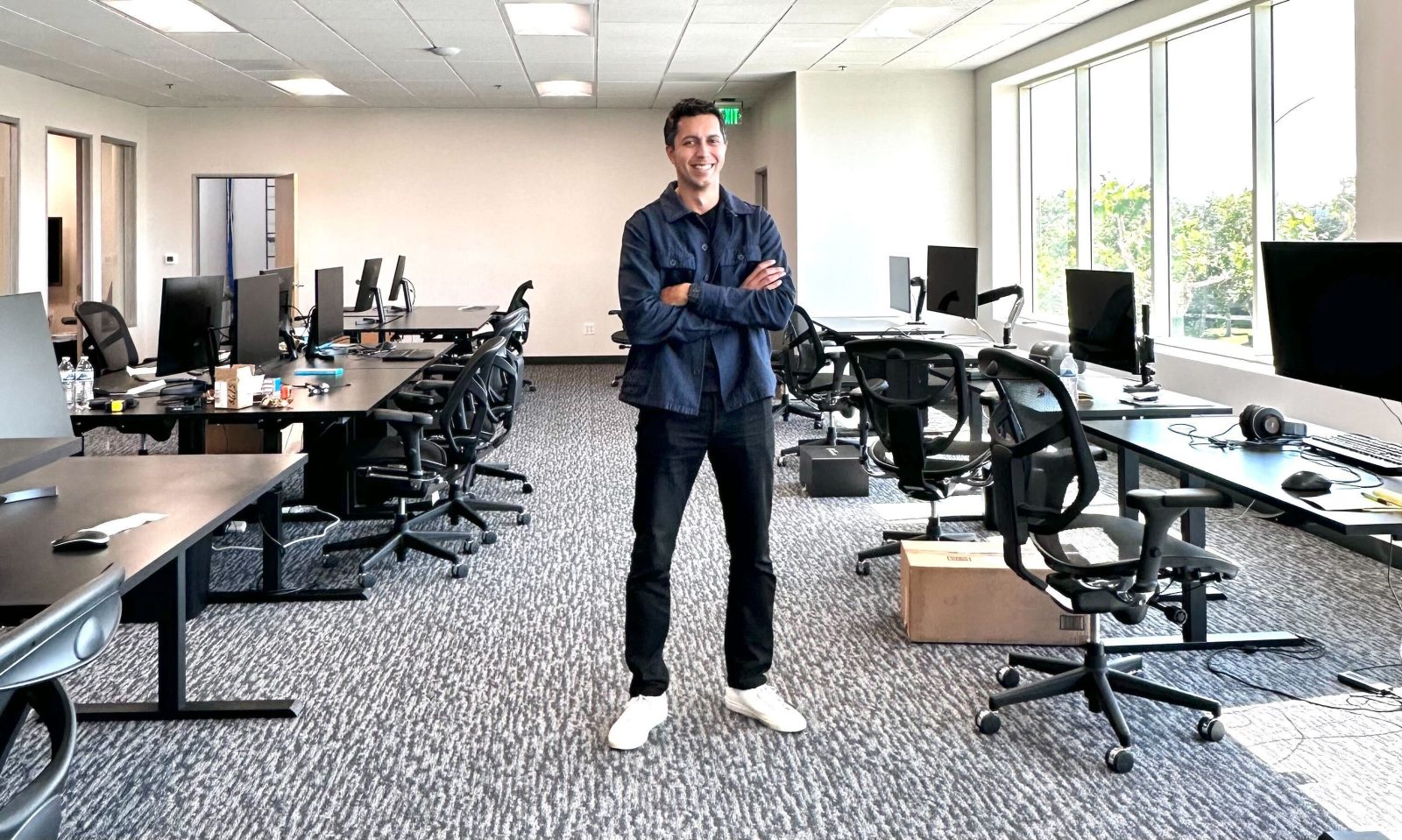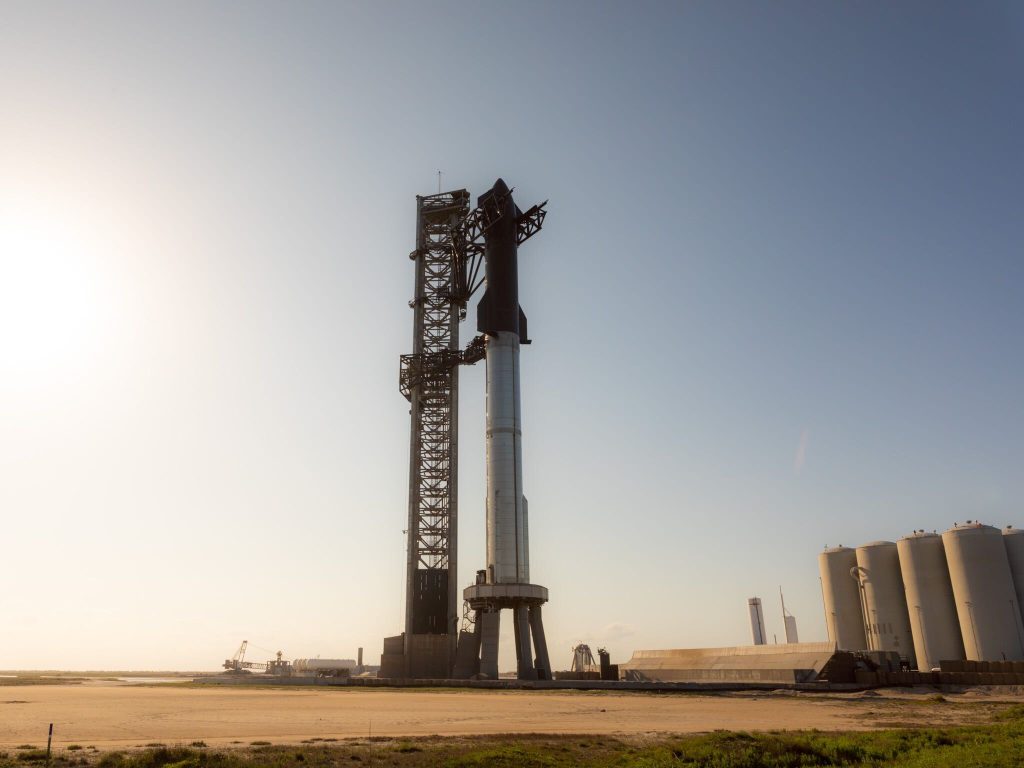
A new startup called K2 Space is betting that SpaceX’s massive Starship rocket will usher in an era of “mass abundance” for satellites.
The company says that, until recently, the high cost of sending something to space has forced satellite operators to choose to build either large, very expensive spacecraft, or small satellites that are lower performing with low payload mass, but are much lower in cost.
All of this is possible thanks to Starship
K2 Space was founded in 2022 by brothers Karan and Neel Kunjur – the CEO and chief technology officer, respectively. They see an opportunity to build larger, more powerful, and more economical satellites to capitalize off of the potential payload capacity and launch cadence of SpaceX’s Starship launch system, which is still in development.
SpaceX’s starship is being designed to be fully and rapidly reusable with the ability to orbit more than 100 tons of payload to low Earth orbit, all while being the lowest cost per pound to orbit.
Because of that, K2 Space sees an opening in the market for much larger payloads while its competitors continue to focus on smaller satellites that fit atop today’s comparably smaller rockets. So, the company is setting out to build the largest satellite buses that have ever existed that are highly capable, but still relatively low in cost.
Because mass, and to some extent volume, is much less of a constraint in Starship, the company said it is working on “a new philosophy of trading mass and cost to develop novel attitude control systems, high power systems, and highly capable thermal systems that all operate in a regime far outside of the capabilities of small satellites today.”

These potentially 1-ton to 15-ton capacity satellite buses would provide the necessary power and communications requirements for high-mass payloads, including planetary science experiments, large astronomy equipment, or communications satellites.
K2 Space is planning to enter this untapped market as it’s opened by Starship, allowing for heavier payloads, different types of missions and orbits, and the kinds of materials, capabilities, and components centered around Starship launches.
This company founded by two talented brothers
Based out of Los Angeles, the company is currently renovating a 15,000-square-foot office and warehouse space as it prepares to accept new equipment to begin the manufacturing process of some of the world’s largest satellites.
The spark for the duo that set them on the path to space as youngsters, was a mural of Earthrise found on the wall inside their family home. Neel went on to work at SpaceX but found his way back to his brother as they agreed to start K2 Space in 2022 after the rise of Starship.
Neel works on the technical side of the business while Karan works on the commercial side.

Karan says the benefits of working as brothers is a unique bond of trust and accountability toward the business itself and to the goals set for the startup. The venture capital community helped the company raise seed money, believed in the concept, and liked the idea of brothers working together in the space industry.
A second round of seed money allowed K2 Space to move forward in securing warehouse space, hardware, and wages for recruiting staff for its vision in future space activities.
K2 Space has hired a staff of more than seven people, leveraging work experience at SpaceX and Blue Origin to the startup as the company continues toward developing and delivering massive payloads in a much larger way than ever before.
FTC: We use income earning auto affiliate links. More.

Comments